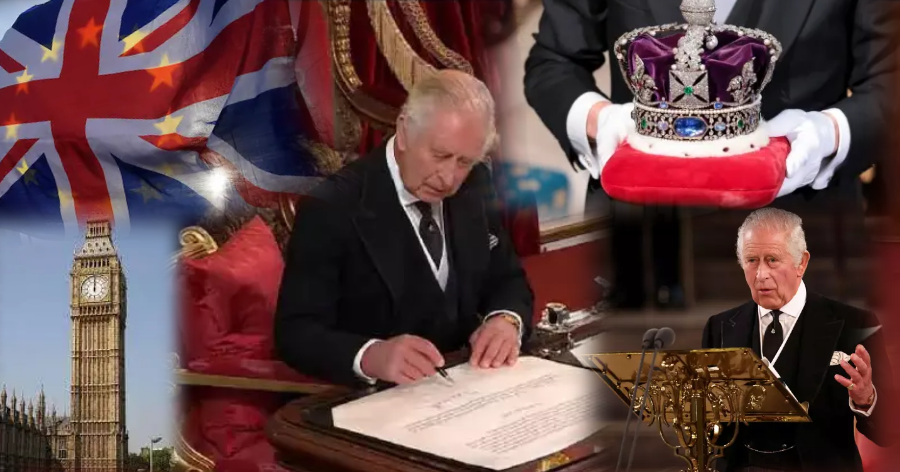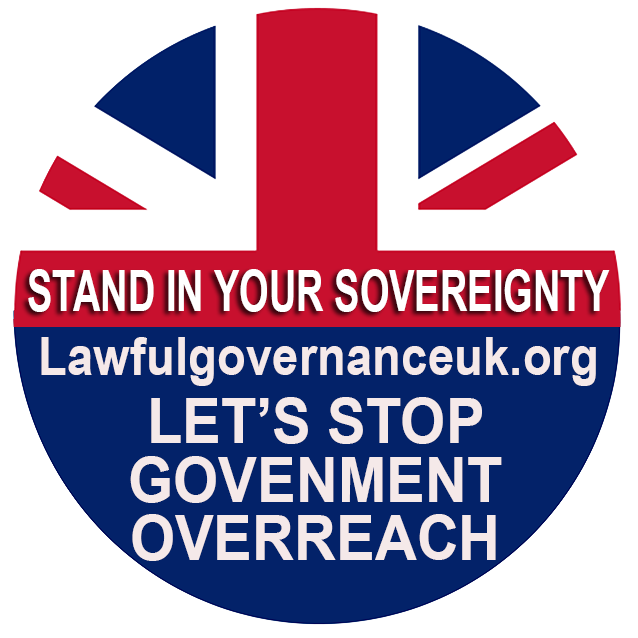
The Coronation Oath is a historic pledge taken by the British monarch during their coronation ceremony. The oath has a long history and dates back to at least the 11th century. Over the years, the text of the oath has evolved, but its significance has remained constant. The Coronation Oath represents a solemn commitment by the monarch to uphold the law and protect the rights of the people.
The significance of the Coronation Oath is not just historical, but it also has a legal significance in constitutional law. The oath serves as a symbol of the monarch’s commitment to constitutional principles, including the rule of law, the protection of individual rights and liberties, and the limitations on the powers of the monarch.
The Coronation Oath is specifically mentioned in the Bill of Rights 1689, which is a fundamental document in British constitutional law. The Bill of Rights establishes the principles of limited monarchy and the supremacy of Parliament. It also sets out the rights and liberties of the people, including the right to petition the king or queen, the right to bear arms, and the right to a fair and speedy trial.
The Bill of Rights 1689 provides that before being crowned, the monarch must take an oath to uphold the law and the rights of the people. The oath requires the monarch to swear to maintain the Protestant religion and to uphold the laws and customs of the realm. It also requires the monarch to pledge to govern the people according to the laws and customs of the realm.
The Coronation Oath has been an important part of British constitutional law for centuries. It serves as a reminder of the principles of limited monarchy, the rule of law, and the protection of individual rights and liberties. It also serves as a symbol of the monarch’s commitment to these principles and their duty to uphold them.
In recent years, there has been some debate about the significance of the Coronation Oath in modern constitutional law. Some argue that the oath is merely a symbolic gesture and has little practical effect on the powers of the monarch. Others argue that the oath remains a crucial part of the constitutional framework and that the monarch’s commitment to the oath is essential for maintaining the rule of law and protecting individual rights and liberties.
In conclusion, the Coronation Oath is a historic and significant pledge that has played an important role in British constitutional law for centuries. The oath represents the commitment of the monarch to uphold the law and protect the rights of the people. While the significance of the oath may be debated, its importance in symbolizing the principles of limited monarchy and the rule of law cannot be denied.
